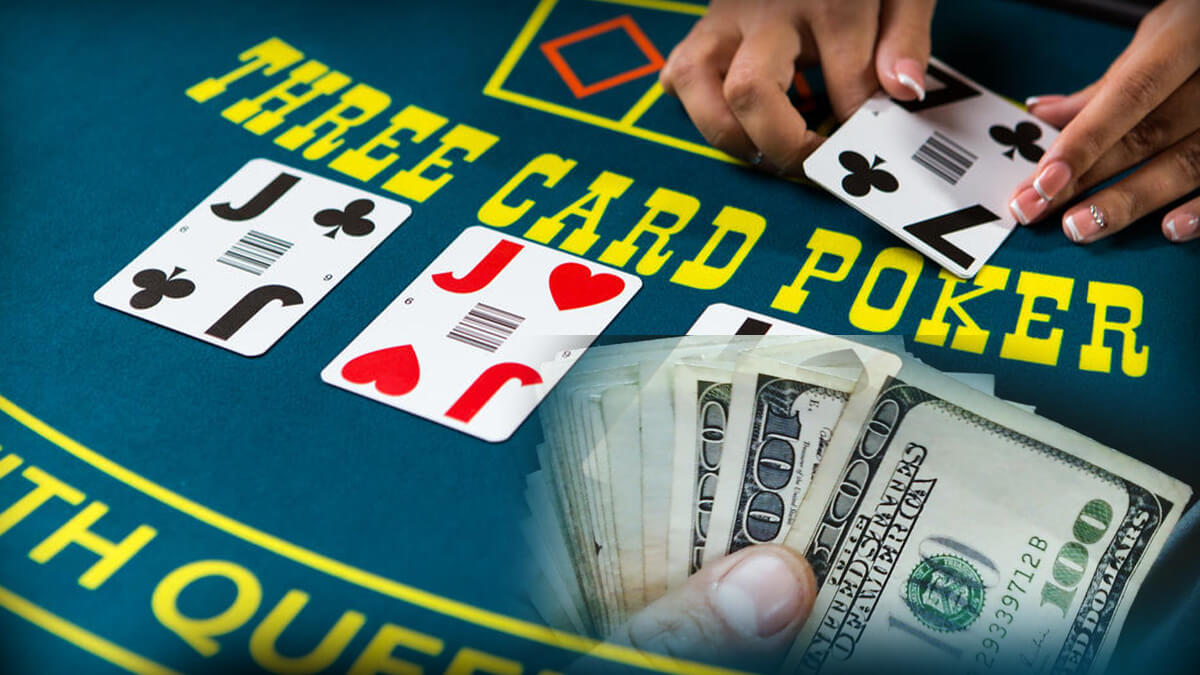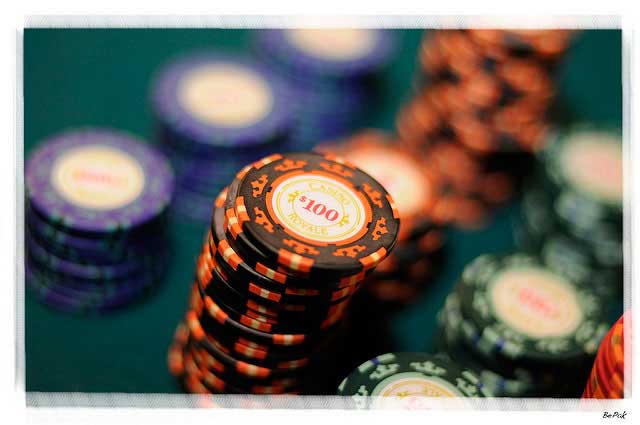Casino Poker Cash Game Rules
Ed. note: For those who might have missed it before, we're reprising Robert Woolley's series of articles for poker players who are new to live poker. The series is great for newcomers, and likely useful as well to those with experience playing in casinos and poker rooms.
Phone: (714) 879-2100 Minimum Age: 21 Poker Tables: 20 Tables Hours: Daily, 10am-2am (while gaming is outdoors). 1.) Poker manager / floor manager – For the poker manager and his representative, regard for fairness and the most appropriate solution in the interest of the game take highest priority. Situations not mentioned in this rule are decided by management or its representative reasonably and in accordance with the respective circumstances. The Parx Poker Room is now open 24-hours with all of our usual games! Go all in at the new Parx Poker Room located inside the main casino building! Featuring over 48 action packed tables with beautifully appointed high-end finishes, 22 high definition TVs, and an exclusive 3-table VIP high-limit poker enclave. Poker has now joined the 124 other live table games, providing the best overall live. Rules For Cash Games. A cash game (also called a ring game) is a game in which your chips are equivalent to cash money. Unlike a tournament, in which you buy in for a set amount of chips and play until you lose all of those chips (or win a set amount based upon your rank in the tournament), in a cash game you can walk away at any point and cash your chips back in for money. THE VENETIAN RESORT FEBRUARY DRAWING PROMOTION RULES 1. The Venetian® Resort February Drawing Promotion is for all contributing Texas Hold ‘em Poker Games. Participating games include any Texas Hold ‘em game, Limit or No Limit that is not a part of a Mix game and does not have a time collection for rake.
'The guy who invented gambling was bright, but the guy who invented the chip was a genius.'
That pithy sentence is usually attributed to Julius 'Big Jules' Weintraub, a big gambler who essentially invented the 'Vegas junket' for East Coast residents, though I have not been able to identify a reliable primary source for this quotation. Whoever said it was right — you can play poker with cash, but chips make the game far easier to manage.
Because chips are such a ubiquitous feature of poker, it's easy to accept their presence without much thought. But I think there's a lot that's worth knowing about poker chips before you sit down at a table full of them.
Free Casino Poker Games Online
Chips and Money (A Complicated Relationship)
The first thing to understand is that chips are real money, just in a different form. This truth is simultaneously obvious and elusive. Weintraub's observation gets at how easy it is to forget it and to start treating chips as mere abstractions.
In The Biggest Game in Town — one of the most articulate and influential books ever written about poker — Al Alvarez mused, 'The chip is like a conjurer's sleight of hand that turns an egg into a billiard ball, a necessity of life into a plaything, reality into illusion. Players who freeze up at the sight of a fifty-dollar bill, thinking it could buy them a week's food at the supermarket, will toss two green [$25] chips into the pot without even hesitating if the odds are right.'
Successful poker players rely on their weaker opponents losing touch with the equivalence of poker-world chips and real-world money. As for their own relationship with that truth, however, strong players both remember and disregard it.
That is, you must keep in mind that playing badly and as a result losing $100 in chips is the same as setting a $100 bill on fire. But at the same time, you can't let the fear of losing your hard-earned money prevent you from investing your chips in the way that will be the most profitable.

But enough abstraction. Let's deal with the tangible aspects of poker chips, as they are used in casinos. All of the following points apply equally to both tournaments and cash games, with two exceptions, which I will note when we get to them.
Color Code
The dominant color of most poker chips is related to their denominations in a nearly universal way: $5 chips are red, $25 green, and $100 black. (If you're playing with chips above this, you're not likely to be new enough to poker to be reading this article!)
The exception is the $1 chip, which casinos order in a wide variety of color schemes, with either white or blue being the most common. Meanwhile tournament chips also do not usually follow this or any other consistent color pattern.
Stacking Chips
It is both courteous and strategically advantageous to keep your chips in neat stacks of 5, 10, or 20 chips each. This makes it easy for both you and other players to count or at least closely estimate how much you have on the table — a vital consideration in no-limit and pot-limit games.
You need to know at all times which opponents can 'stack' you (i.e., take all of your chips if you lose a big confrontation), or, conversely, how much you could potentially win from them. Players whose chips are in an unorganized heap, or in uneven stacks, or in which denominations are mixed together haphazardly, make this unnecessarily difficult.
Hiding Chips
For similar reasons, it is both against the rules and deeply unethical to hide one's largest-denomination chips from the view of other players.
If you play poker long enough, sooner or later you will encounter a dishonest player who carefully hides several black chips under or behind stacks of red chips. His goal is to get you to underestimate how much money he has in play. If, for example, you have $500 but see only $200 in front of the guy in seat four, you might be more inclined to call his all-in bet than you would be if you could see the six $100 chips he has stashed behind his stacks of red.
If you see somebody trying to hide his big chips this way, you not only may, but should point it out to the dealer. If you'd prefer not to risk being seen as a 'snitch,' you can step away from the table and tell a floor person about the problem.
Poker rooms have little tolerance for such 'angle shooting', because it upsets less-experienced players when they get deceived this way, and the casino does not want to lose them as customers.
Removing Chips
Once you put chips into play at the table, you cannot remove any of them until you remove all of them to cash out. That is, you can't pocket some of your winnings to ensure that you won't lose them, no matter how tempting it seems to do so. (I'll explain this in more detail in a future article when I address the whole subject of 'table stakes.')


Similarly, you cannot just give some of your chips to another player at the table, such as your spouse or best friend. If he or she needs more chips, they must be purchased from the casino. (You can give cash out of your pocket to another player, however.)
When Cash Plays
Most casinos allow at least some forms of cash to be used in poker games. The most common rule is that $100 bills, but no other currency, can be in play. However, a few casinos allow other denominations of cash to be used in poker games, while a few don't allow any cash on the table at all.
The only way to know the house rule on this point is to ask. When cash is in play, these bills are subject to the same rules about being kept easily visible to other players and not being removed from the table until you are leaving.
I think it will be obvious to you that cash never substitutes for or supplements chips in poker tournaments. In fact, poker tournament chips are usually explicitly marked 'NO CASH VALUE' so that nobody mistakes them for ones exchangeable for cash.
Personally, I prefer using just chips, so if I win a pot that has bills in it, I will ask the dealer or chip runner to trade me chips for them.
My reason for this idiosyncrasy — and I admit that that's all it is — is simply that when I look at chip stacks, either my own or other players', my brain tends not to register the bills the same way it does the chips. As a result, I've occasionally made large errors in estimating what amounts are in play. Apparently, other people don't have this problem. Do as seems best to you.
A possibly profitable tip: Many players, when in possession of a mixture of both chips and bills, will be much more reluctant to put the cash into the pot than the chips. This is precisely because of the psychological effect mentioned at the beginning of the article, in which chips lose their equivalence to 'real' money. For that reason, a player who is betting with his cash instead of or in addition to his chips is less likely to be bluffing than one who is betting with chips only, all else being equal.
Of course, like everything about poker 'tells,' this is not a universal phenomenon. But it's sufficiently common to make it worth paying attention to see if it's true about the specific players at your table, then using that knowledge to your advantage.
Casino World Free Poker Games

There a lot more to say — and to learn — about chips. In the next article, I'll explain the rules about making bets and raises with chips.
Robert Woolley lives in Asheville, NC. He spent several years in Las Vegas and chronicled his life in poker on the 'Poker Grump' blog.
Tags
cash game strategytournament strategylive casino pokerbeginner strategyrulesetiquette